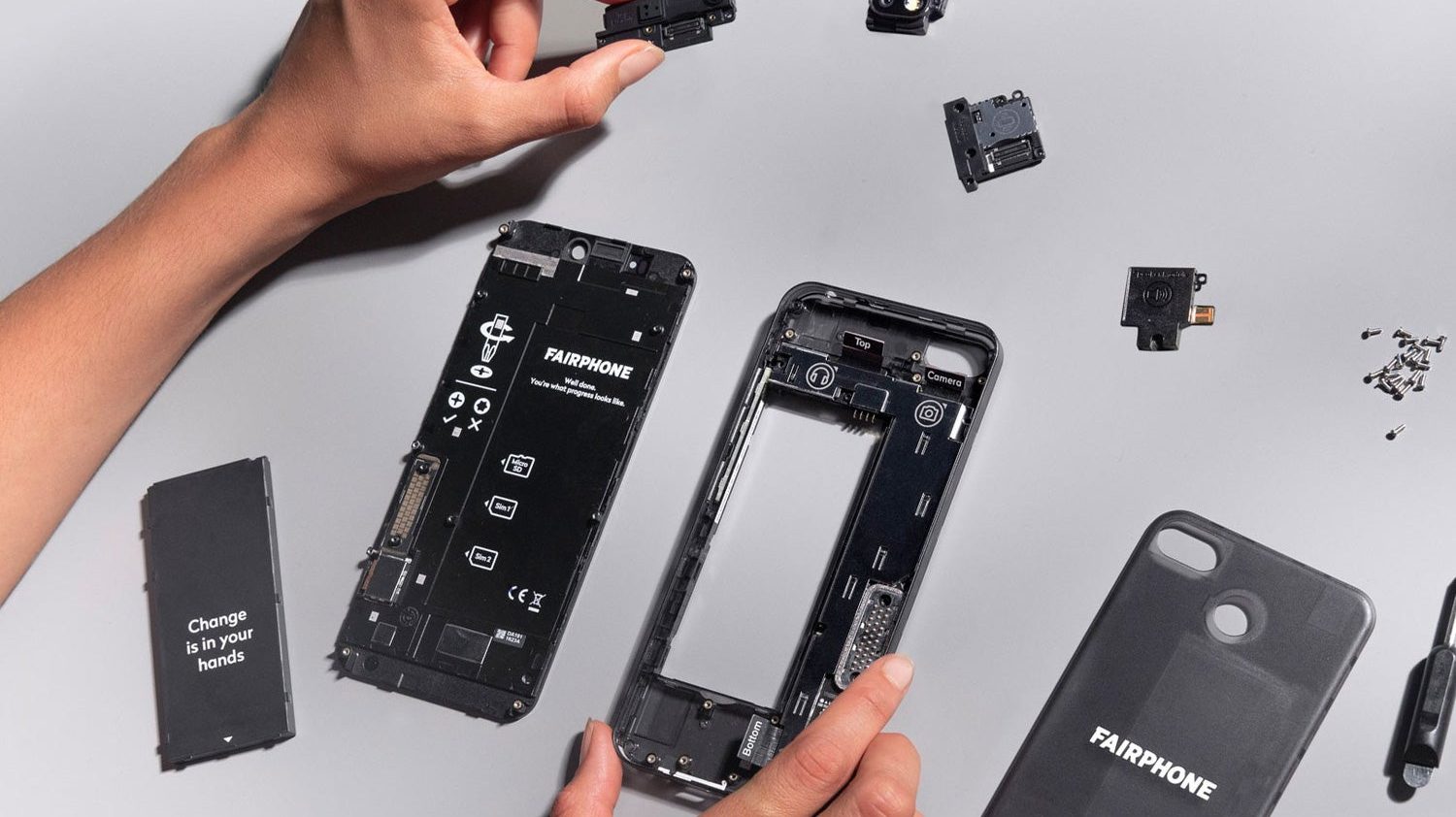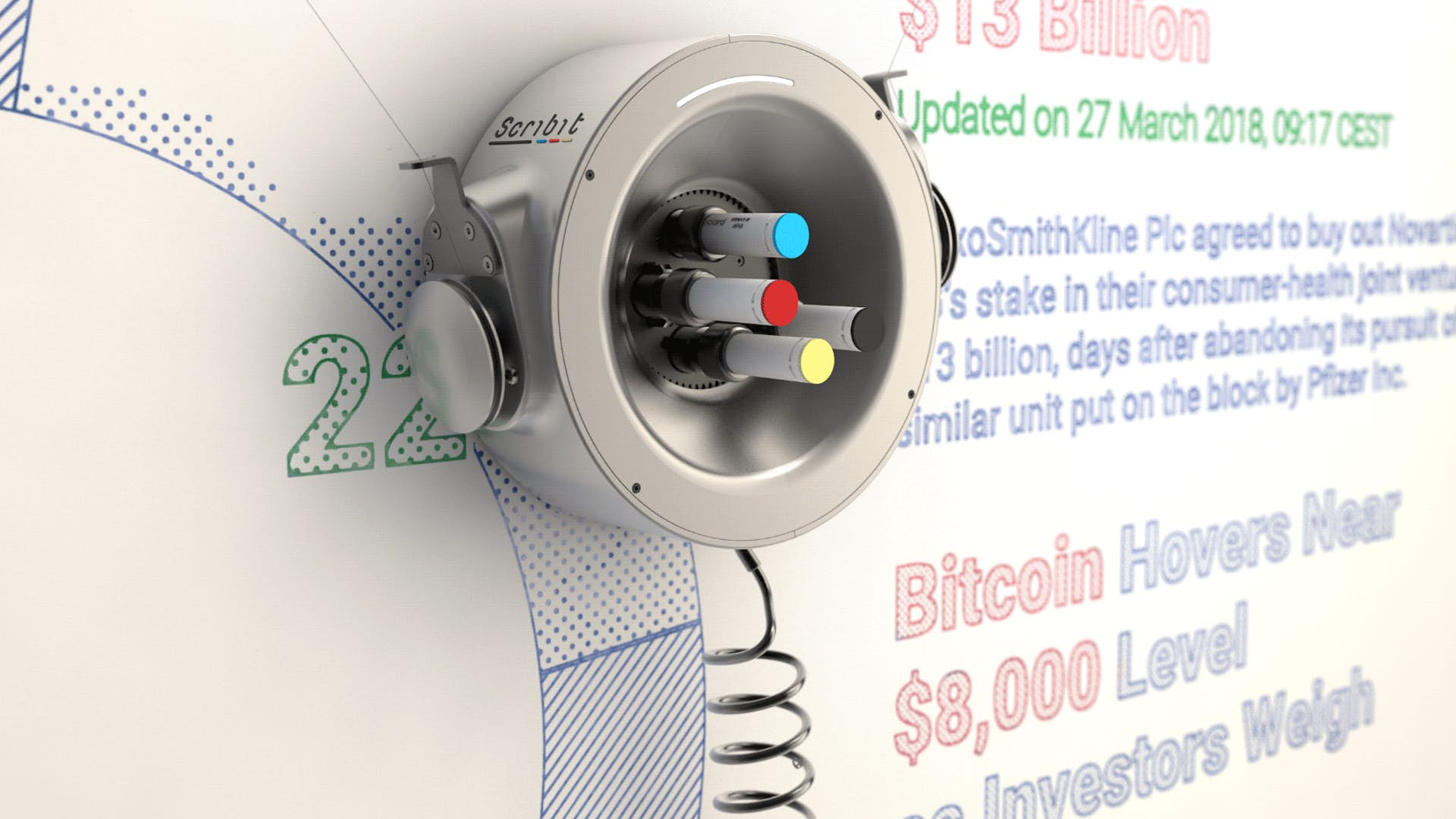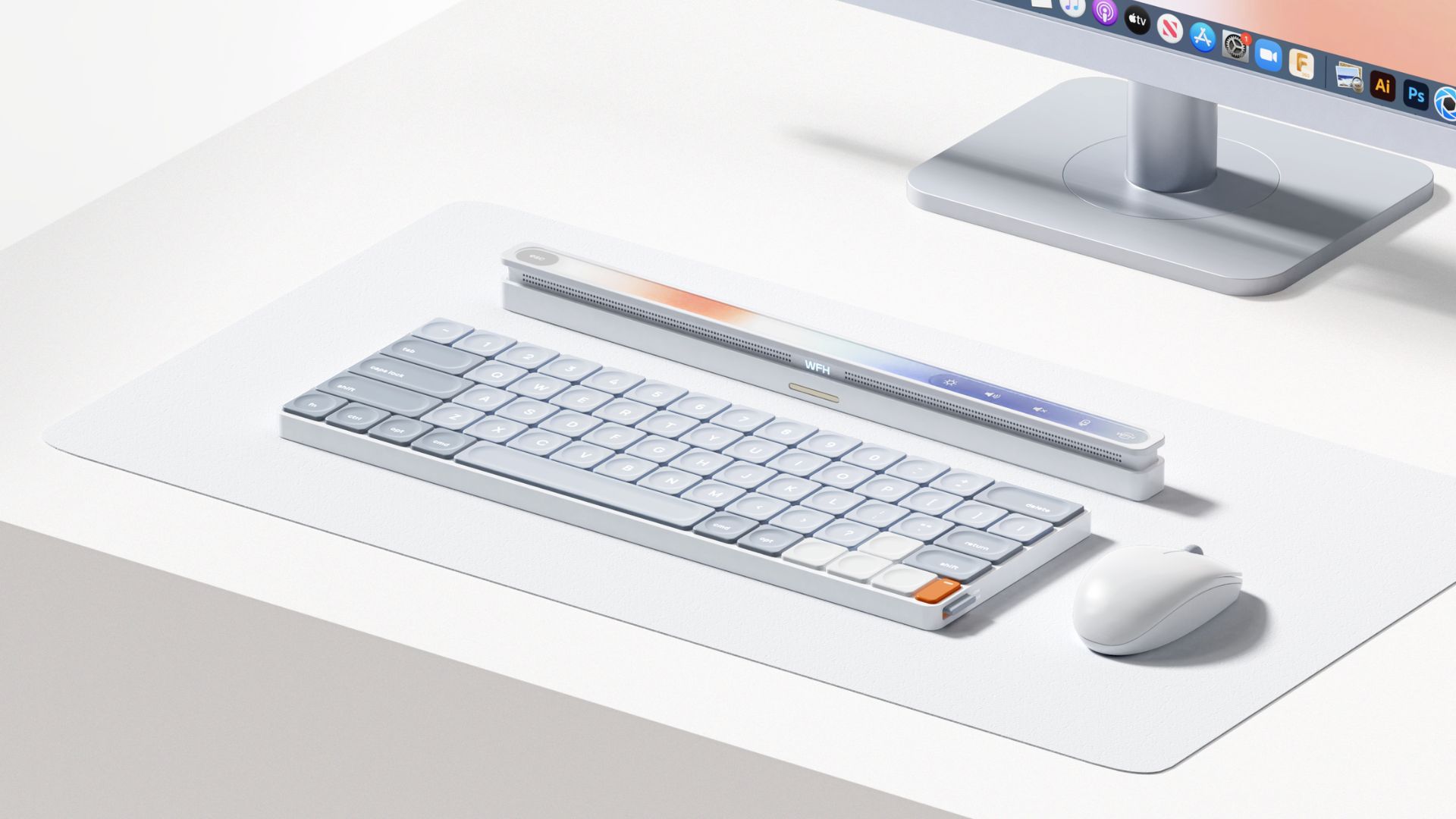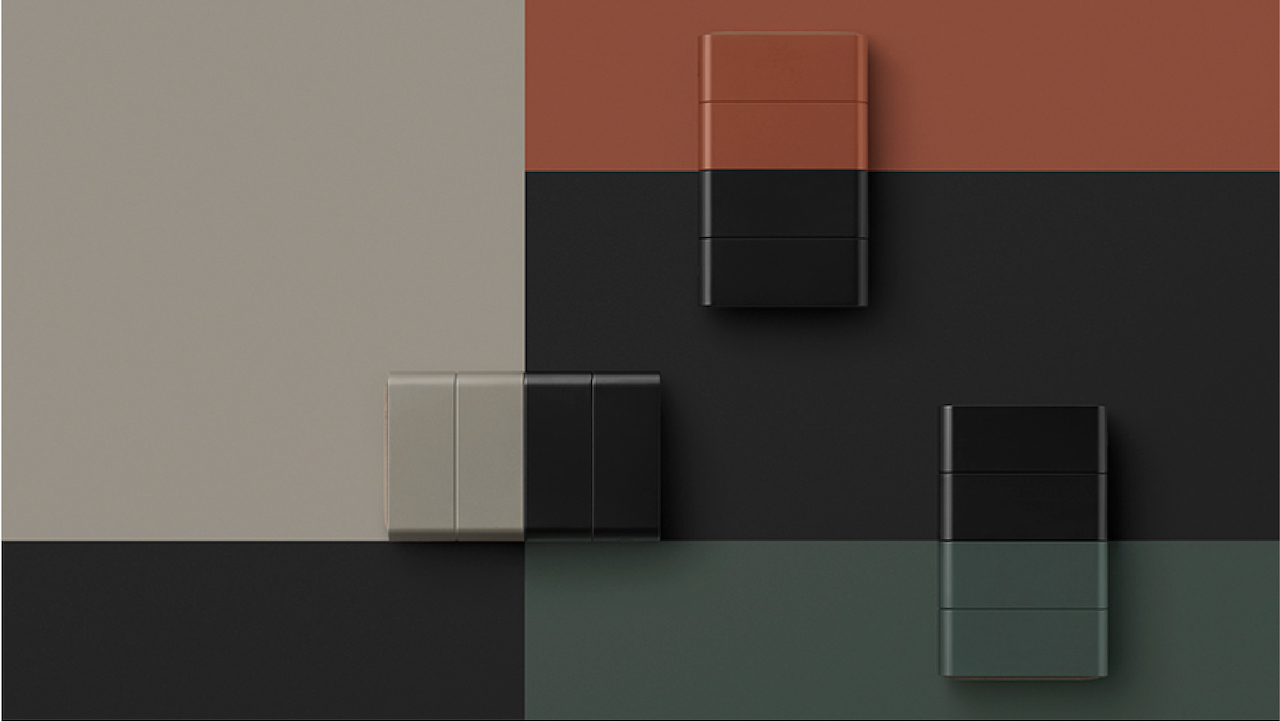A glimpse into the future of brain tech and neural implants
After you saw Elon Musks’ ‘MindPong’ monkey, are you ready for these 6 brain-connected tech products?
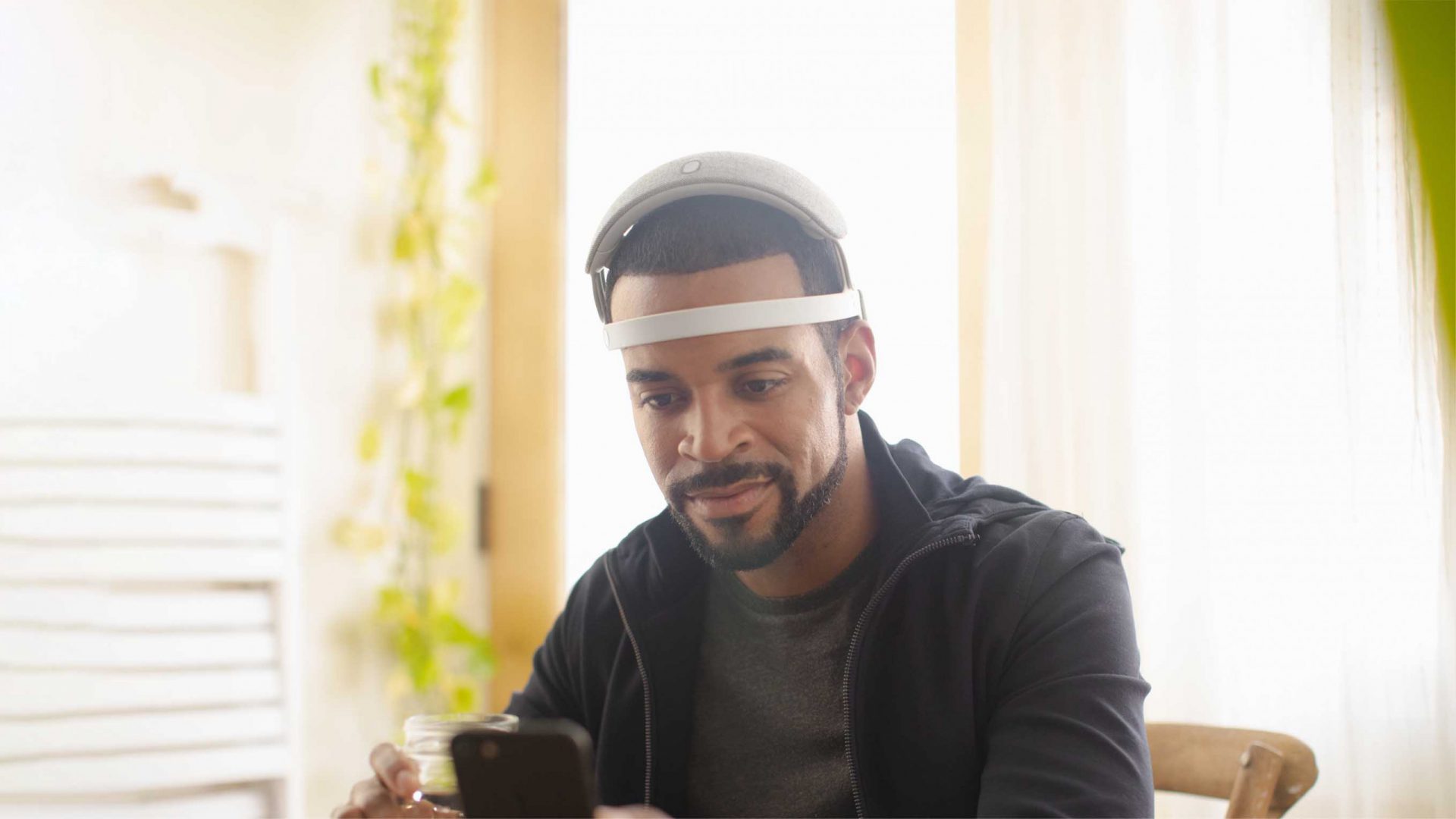
Earlier this month, Elon Musk’s brain tech start-up Neuralink announced they created a cyborg monkey who can play MindPong using a brain chip. A 3-minute video showed Pager, a male macaque with chips embedded on each side of its brain, playing the video game with the power of its mind. Although he was trained to move a joystick, the controller was unplugged and the monkey could move the paddle by simply thinking about moving his hand up or down.
The technology is a prototype version of Elon Musk’s Neuralink concept, which works by recording and decoding electrical signals from the brain using more than 2,000 electrodes implanted in regions of the monkey’s motor cortex that coordinate hand and arm movements. It’s kind of a new-but-old idea thanks to tools that have been around for decades, like electroencephalography (EEG) and functional magnetic resonance imaging (fMRI).
Gallery
Open full width
Open full width
Using these tools physicians and neuroscientists can measure changes in your brain generating, transmitting, and processing electrochemical signals in different parts of the brain. The ‘electric part’ of those signals can be ‘read’ and ‘interpreted’. In the movement-related areas of the brain, for example, neurons represent intended movements but there are also neurons in the brain that carry information about everything we see, feel, touch, and think.
Now, some of the problems that made these tools finicky, and hard to interpret are being ironed out, and advancements in technology mean that neural interfaces are more accessible than ever. That means the futuristic promise of brain tech devices that improve sleep, anxiety and concentration are finally coming to fruition, just take a look at these 6 gadgets.

Brain tech and neural implants – 6 tech projects:
Urgonight
Helping users to get a little shuteye, Urgonight uses neurofeedback technology to train your brain to produce brain waves clinically associated with sleep. The system, comprising a mobile app and an EEG headset comprising four electrodes that measure brain activity.
Using data received from these electrodes, the headset guides the user through different exercises geared towards helping induce the ideal SMR state for relaxation and sleep. It’s designed to be used for 20 minutes a day, three days a week.

Neurosity
Neurosity’s Crown is a device that you put on your head to increase concentration. How? It reads brain waves to detect when you’re in the flow, and by that, Neurosity means a focused state of mind. That’s what the company claims the device can help you to achieve, all without drugs or other mind-focusing exercises.
With EEG, onboard AI and machine learning, the wearable piece of tech mutes all of your notifications so you can work without distraction and then plays productivity-enhancing music to keep you going.

Focuscalm
FocusCalm is a brain-sensing headband and app that claims to help users learn how to control their mindset in just a few minutes of use per day. A series of mindfulness exercises and a wearable EEG headband tracks more than 1,200 data points per second from a user’s brain activity.
The device then gives users a score, which FocusCalm describes as an accurate measure of real-time stress. The objective is for users to use this score alongside the neural feedback to train their brain to more easily, quickly and consistently keep stress activity low.

Flow
Next up is Flow, which combines brain stimulation and behaviour therapy to reduce depression and increase positive routine. The Flow headset delivers gentle electrical signals to the Dorsolateral Prefrontal Cortex, which deals heavily with major depressive disorder (MDD), to restore activity in brain cells, resulting in a reduction of depressive symptoms.
It’s a technique called transcranial Direct Current Stimulation (tDCS), a long-used technology in clinics, which Flow makes available at home with a medically-certified compact device that can be bought or rented. To maximize your chances of recovering from depression, the Flow brain stimulation is combined with a behaviour therapy app.

NextMind
Ever wanted to move things with your mind? NextMind is part of a growing number of startups building noninvasive neural interfaces that rely on machine learning algorithms to make this a reality, at least in the digital sense.
The startup’s developer kit features a sensor, which is worn on the back of your head, where your brain’s visual cortex is located. This device then connects to a brain-computer interface translating signals from the visual cortex into digital commands.

BitBrain
Bitbrain’s Diadem is a wearable EEG headset optimised to monitor emotional and cognitive states. Developed with 12 dry EEG electrodes over specific brain areas, it is optimised to estimate emotional and cognitive states with an ergonomic design offering comfort and unobtrusiveness for the user.
The point of Diadem’s dry electrode EEG headset is to streamline the process of neurological research that uses these kinds of devices. It also comes with state-of-the-art technology making it easier for researchers to gather data and develop applications.










